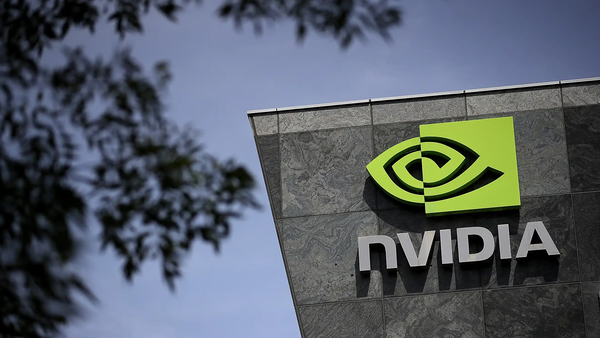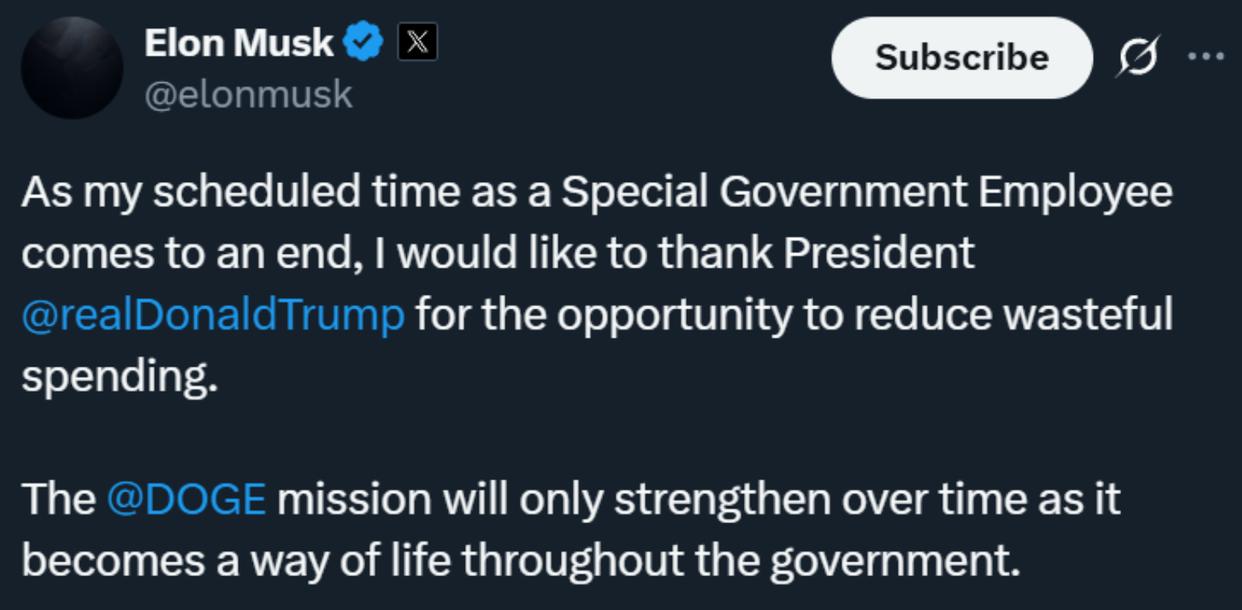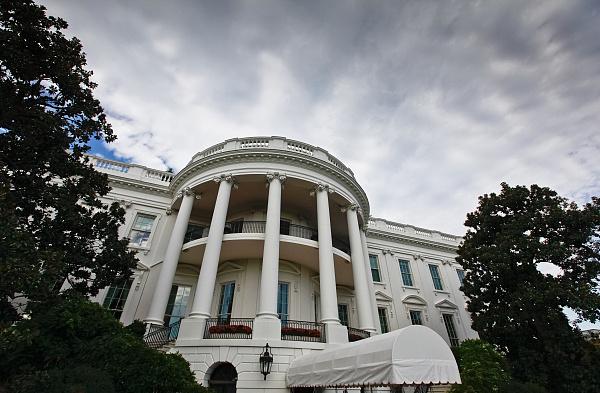
On March 10, local time, affected by US President Trump’s tariff policy and remarks that “a recession is not ruled out”, the US stock market experienced its biggest drop this year.
According to reports, the three major stock indexes in New York fell sharply on the 10th. As of the close of the day, the Dow Jones Industrial Average fell 890.01 points from the previous trading day to 41,911.71 points, a drop of 2.08%; the S&P 500 fell 155.64 points to 5,614.56 points, a drop of 2.70%; the Nasdaq Composite fell 727.90 points to 17,468.33 points, a drop of 4.00%.
This is the biggest drop in US stocks since December 2024. The S&P 500 has now wiped out all gains since the US election day.
Several large technology stocks also fell generally. Tesla’s intraday decline widened to 15%, the largest intraday decline since September 2020. Chip company Nvidia fell more than 5% during the day on the 10th, Apple, Meta, and Google all fell more than 4%, and Microsoft fell more than 3%.
On the 10th, an important economic adviser to Trump refuted the claim that the economy was in recession due to uncertainty in the government’s tariff policy. But a survey of American households showed that consumers’ pessimism about the outlook is rising.
In the past few weeks, Trump has threatened, implemented, suspended and resumed tariffs on Canada, Mexico and China, the largest trading partners of the United States. These repeated moves, as well as the last-minute tariff exemptions for automakers such as Ford, have made investors uneasy. Trump’s remarks on the recession in the interview have exacerbated concerns.
Local time on the 10th, because Trump’s trade policy has proved to be more aggressive than expected, which may lead to rising prices and tightening financial conditions, Goldman Sachs lowered its forecast for US gross domestic product (GDP) growth in 2025, lowering its forecast for US GDP growth from 2.4% at the beginning of the year to 1.7%. It is reported that this is the first time Goldman Sachs has lowered its economic expectations for the United States in two and a half years.
Economic data sounded the alarm
Trump said in an interview on the 9th that he was “unwilling to predict whether the United States will have a recession this year” and that the US government was “bringing wealth back to the United States,” but it would take some time. Later that day, when the media asked about the recession again, Trump responded, “Who knows?”
In contrast, U.S. Commerce Secretary Howard Lutnick told NBC News: “The United States will not fall into a recession.”
Some investors said that the Trump administration seemed indifferent to the possibility of a recession, which made market observers uneasy. They originally believed that Trump’s pro-growth stance would boost the economy and the market. “This is the first time we have heard the government say so seriously… These goals will bring pain.” Investment analyst Shelby McFaddin told the Wall Street Journal.
The employment report released last week showed that the U.S. labor market is currently stable, but it may weaken, which also made investors hesitant. Some analysts are worried that the number of unemployed people may increase because the Trump administration intends to continue deportations and government layoffs.
Kevin Hassett, director of the National Economic Council, said in an interview with CNBC on the 10th that despite predictions that the US GDP will shrink in the first quarter and people are worried about inflation, there are still many reasons to be optimistic about the US economy.
According to Reuters, when Trump took office in January, GDP growth had basically exceeded trend for two consecutive years, consumer spending was strong, and the unemployment rate was still near historical lows. But some recent indicators have shown a weak trend, and the monthly consumer expectations survey released by the New York Federal Reserve on the 10th, which is affiliated with the Federal Reserve, also concluded that: “In February, households showed more pessimism about their financial situation in the next year, while unemployment, delinquency rates and credit access expectations deteriorated significantly.” The proportion of households expecting higher unemployment in a year has risen to the highest level since September 2023.
Hassett said this will be a “very temporary phenomenon”, mainly because people have historically tended to hold off on investment after the election. He believes that this trend should subside this month, and the uncertainty of tariffs should subside in April.
Is American exceptionalism still valid?
On the 10th, China launched retaliatory tariffs of up to 15% on some imported agricultural products originating from the United States, and Ontario, Canada’s most populous province, began to impose a 25% tariff on electricity exported to the United States. On the 12th, the Trump administration will impose a 25% tariff on all US steel and aluminum imports. Trump also threatened to impose “reciprocal tariffs” on all US imports next month in response to tariffs and trade policies of other countries.
In a Fox News interview broadcast on the 9th, when asked when companies would get clarity on the intermittent tariff policy, Trump replied that more tariffs might be imposed.
“We may raise some tariffs. It depends on the situation. We may raise them. I don’t think we will lower tariffs, and we may raise tariffs.” He said. “They have been very clear.”
“The market is worried about the uncertainty brought about by tariff rhetoric.” Andrew Brenner, head of international fixed income at National Alliance Securities, told the US media.
The Wall Street Journal commented that many investors had expected that American exceptionalism – the perception of the United States’ advantages over other countries, such as its economic strength and technological innovation – would drive the stock market to another year of strong growth. However, trade war concerns, signs of slowing economic growth and differentiation in the artificial intelligence sector have undermined this optimistic outlook.
“We have a very different government than the previous one. We have a host of other concerns that could actually lead us into a potential hard landing again,” said George Cipoloni, portfolio manager at Penn Mutual Asset Management, in an interview.
According to U.S. media reports, the inflation report to be released in the United States this week will be closely watched because consumer surveys show that they expect price increases to accelerate, which is a potentially worrying signal for the Federal Reserve, which is trying to further reduce inflation. Rising prices for eggs and other necessities have squeezed consumers’ wallets, and tariffs and large-scale deportations may push up prices.
Jan Hatzius, chief economist at Goldman Sachs, said in a report on the 10th that given the bleak outlook for the U.S. economy, “the recent trend may be further exacerbated.” The bank’s strategists recently raised the probability of a U.S. recession in the coming year to 20%. JPMorgan analysts warned in a report that the spillover effects of a possible slowdown in the U.S. economy have led to “a significant increase in the risk of a global recession this year due to extreme U.S. policies.”









